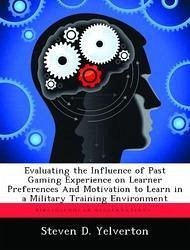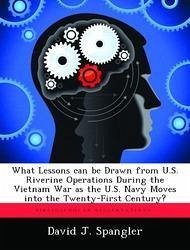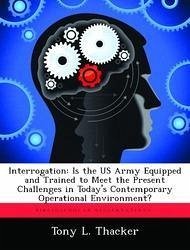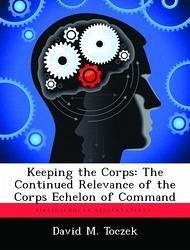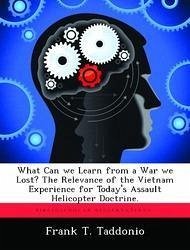
What Can we Learn from a War we Lost? The Relevance of the Vietnam Experience for Today's Assault Helicopter Doctrine.
Versandkostenfrei!
Versandfertig in über 4 Wochen
52,99 €
inkl. MwSt.

PAYBACK Punkte
26 °P sammeln!
This study attempts to determine if the Vietnam experience may be used meaningfully in the development of the U.S. Army's assault helicopter doctrine for today and for the future. The study postulates that important lessons learned during Vietnam are overshadowed by a reliance on technology coupled with the negative overtones of that war. Following a historical review of the development of airmobility leading to the early employment of airmobile units in Vietnam, the study analyzes the conduct of LAM SON 719, a combined operation conducted into Laos in 1971. The analysis reveals numerous doctr...
This study attempts to determine if the Vietnam experience may be used meaningfully in the development of the U.S. Army's assault helicopter doctrine for today and for the future. The study postulates that important lessons learned during Vietnam are overshadowed by a reliance on technology coupled with the negative overtones of that war. Following a historical review of the development of airmobility leading to the early employment of airmobile units in Vietnam, the study analyzes the conduct of LAM SON 719, a combined operation conducted into Laos in 1971. The analysis reveals numerous doctrinal principles adhered to during the operation. The study also reviews the development of airmobile doctrine including the impact of the Vietnam War on its development. The conclusion of this study is that the Vietnam experience does, indeed, provide valuable lessons which may be useful today and in the future. The analysis of current doctrine reveals that, although adequate, today's airmobile doctrine fails to incorporate important principles used during the war. Also, continued emphasis on preparing for a mid to high intensity war in NATO has caused the Army to neglect its ability to conduct operations in a low intensity conflict. Finally, the study concludes that many of today's Army leaders are the professionals who conducted airmobile operations in Vietnam and it is time to capitalize on their wealth of knowledge.





